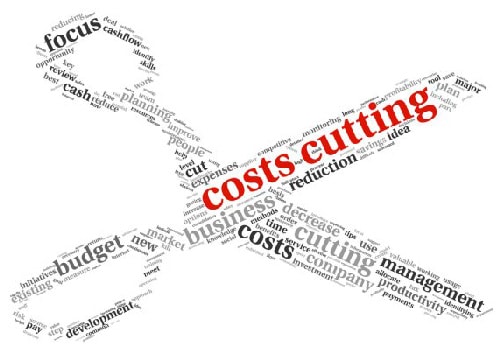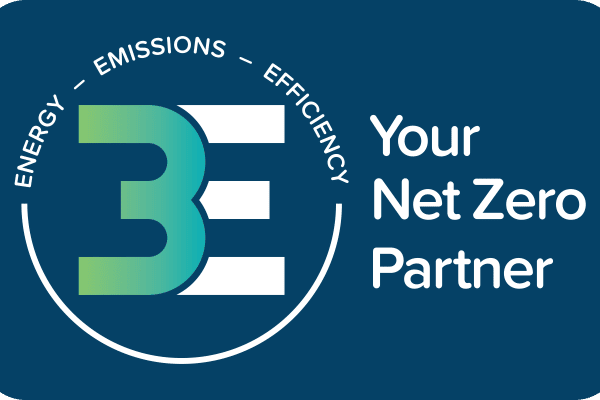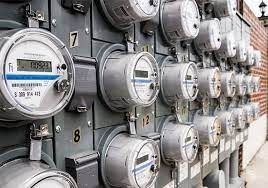As energy prices continue to skyrocket so too does the cost of running a business or organisation. This is especially true given that energy costs have almost doubled for large energy users. It stands to reason that now more than ever, organisations need to quickly develop an energy savings strategy or energy savings solution that will improve energy efficiency and save money.
Large energy users such as those with critically important infrastructure are particularly vulnerable to high energy costs, including hospitals, schools, universities, government departments, transport hubs, commercial office buildings, large commercial enterprises and industrial plants.
Given that the rising cost of energy poses a significant financial problem and risk to the going-concern of a corporate entity, CEOs and other key decision makers need to understand this issue and immediately take corrective action if they are to successfully navigate Australia’s energy crisis.
But what can organisations do to achieve energy savings and effectively reduce high energy costs?
There are many different initiatives an organisation can do to achieve energy savings, but not all initiatives represent an optimal energy savings solution in terms of the benefits reaped versus the costs and financial risk involved.
Some organisations attempt to go it alone by creating a sustainability agenda and implementing a range of energy conservation measures (ECMs). Such organisations typically hire Sustainability Managers and/or property services managers, who are then tasked with the responsibility to recommend and execute initiatives that deliver energy savings and meet particular targets.
Irrespective of the size of the organisation, these sustainability managers/property managers will inevitably face the following challenges as they strive to deliver energy savings:
- Uncertainty over how and when ECMs should be implemented. Most organisations tend to tackle the lowest hanging fruit first without taking into consideration best practice methodology for optimal energy savings and return on investment variables.
- Limited or no resources to implement larger, more complex projects internally.
- Time-consuming process of researching, validating and selecting separate vendors/contractors
- Hassles with managing and coordinating multiple vendors and contractors (strenuous and time-consuming!)
- Unclear or unverifiable outcomes from the ECM initiative(s).
- Absence of guarantees from contractors with respect to energy savings outcome(s) of ECMs. They typically only provide standard warranties for labour and equipment, but not on the proposed energy savings.
- The complexity involved in internally evaluating, measuring and verifying actual savings versus proposed savings.
- Difficulty getting budget approval from key decision-makers for larger energy savings projects due to absence of critical information required for business case justification (i.e. what will the actual return on investment be?).
- Trouble keeping up to date with rapid advancements in ECM technology.
- Inefficient analysis of energy data resulting from disparate data sources and no access to a building analytics and energy management platform.
- Immaterial effects of smaller energy conservation projects in terms of energy savings with respect to high energy costs.
- Added complexity to Facility Maintenance when dealing with multiple contractors – each having limited or no incentive to provide post-sale services, particularly when warranties expire.
If an organisation’s sustainability department is particularly large enough with a sufficiently sized budget, then the above challenges may be addressed to some degree. That however doesn’t come without significant costs to the organisation. Furthermore, there’s the issue of inefficient allocation of resources that could otherwise be more prudently invested in the organisation’s core activities.
If the ultimate objective of ECMs or energy efficiency projects are to save money and save resources, then wouldn’t it make sense to outsource this task to an independent energy services company that specialises in energy efficiency or has demonstrable experience and case studies in delivering best practice energy savings projects?
What are best practice energy savings projects exactly?
Best practice energy savings projects are coordinated by a primary contractor (typically an independent energy services company [ESCO]) that’s responsible for managing all aspects of the energy savings project on behalf of your organisation.
- Sustainability planning and consultations
- Detailed Energy Assessments for energy efficiency opportunities in your facilities.
- Recommendations for best practice methodology for prioritising Energy Conservation Measures, specific to your organisation.
- Financial modelling of ECMs in terms of capital budgeting and return on investment projections.
- Fixed price proposals for an end-to-end energy savings solution.
- Guaranteed Savings: performance-based project design, whereby proposed energy savings are guaranteed.
- Integration of all relevant services including consulting, engineering-based ECM designs, installation, commissioning, independent measurement and verification, energy analytics and management reporting as well as facility management / ECM asset maintenance servicing and managing all sub-contractors.
- Energy procurement services – energy procurement strategy, bill verification, bill management, tariff analysis and procurement of utility contracts with an energy retailer(s).
- Continuous commissioning – fine-tuning and recommissioning of ECMs as building environments change.
- Actual Savings Reports summarising project outcomes and return on investment calculations.
- Single point of contact for all above services.
The main benefit of engaging an ESCO as described above, with a proven track record of implementing best practice energy savings projects, is they represent a low-risk path to achieving your energy sustainability objectives.
The important factor to look for in an energy savings company is a Tier 1 service provider that has all the capabilities listed above with the agility and longevity to adapt to your requirements in the long term. Search for a long term sustainability partnership for tactical and strategic engagements.
Smart Executives should consider engaging a specialist energy savings company with experience delivering best practice energy efficiency projects in their industry.
There are several financial considerations and funding options when it comes to green-lighting an energy efficiency retrofit project.
Sustainability Managers / Property Managers can benefit from the shared accountability as they partner with the trusted energy savings firm to help them deliver on sustainability goals and objectives.
This energy savings strategy is highly recommended for organisations seeking a low-risk hassle-free way to save money and save resources in the face of high energy costs.
For more information about best practice energy efficiency, visit the Energy Efficiency Council website, or read this article for more on this topic.
If you have any questions or need any assistance with developing a sustainability plan and implementing best practice energy efficiency projects, feel free to contact Ecosave.
Ecosave is a fast-growing Tier-1 Energy Services Company (ESCO) established in 2002 and the largest independent provider of energy advisory, energy efficiency and energy management solutions in Australia and New Zealand. Ecosave is a Government Approved Energy Performance Contractor and the go-to ESCO for hundreds of large energy using organisations in virtually all sectors and industries – click here to read some client testimonials.
To get started, Book a FREE Consultation with an Energy Solutions Adviser to discuss your sustainability goals and objectives.
Or Call 1300 55 77 64 to find out more.






